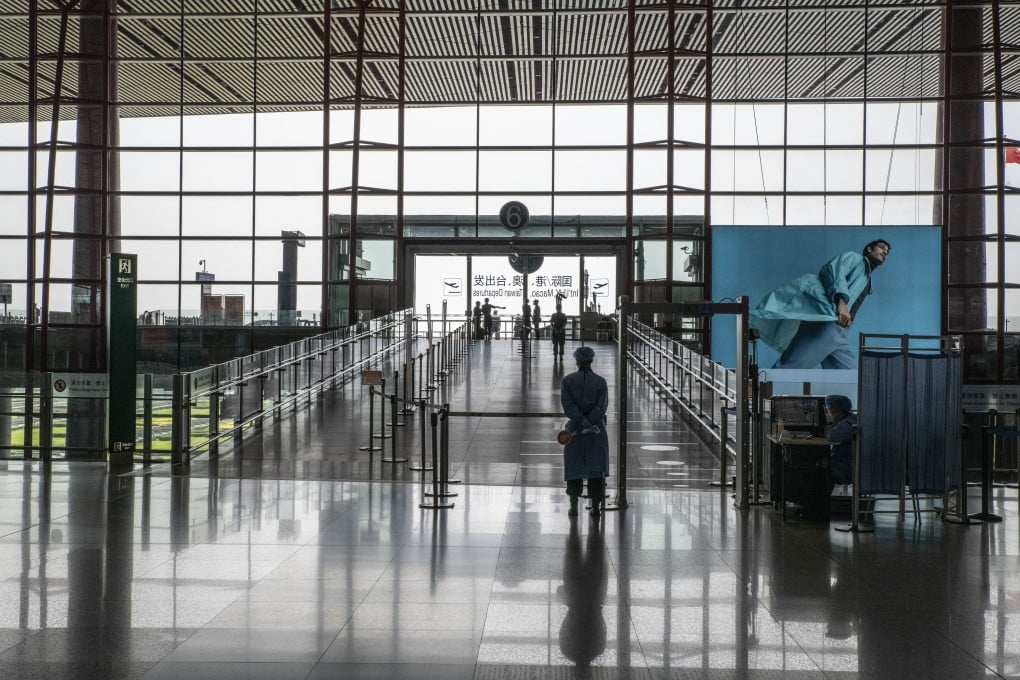Advertisement
Explainer | China's Covid-19 travel rules: entry restrictions, quarantine, vaccinations and testing requirements
- China has a zero-tolerance approach to the coronavirus and closed its borders to most international travel
- Travellers to the country must meet a series of requirements
Reading Time:4 minutes
Why you can trust SCMP
9

In this series, we answer frequently asked questions about China’s strict zero-tolerance approach to Covid-19 including current entry restrictions, the length of quarantine and which tests travellers have to take. Have a question you want us to tackle? Drop us an email at [email protected].
This story has been made freely available to our readers. Please consider supporting SCMP’s journalism by subscribing.
(Updated July 1, 2022.)
Advertisement
Since closing its borders to most international travel over two years ago, China has imposed strict lockdowns, mass testing, large-scale contact tracing, quarantines and entry restrictions as part of its zero-tolerance Covid-19 strategy.
Yet, there are signs that it is easing border restrictions, with the National Health Commission releasing new guidelines on June 28 that reduced quarantine for overseas arrivals.
Advertisement
Here is what you need to know about China’s latest entry restrictions.
How can I get into China?
Advertisement
Select Voice
Select Speed
1.00x